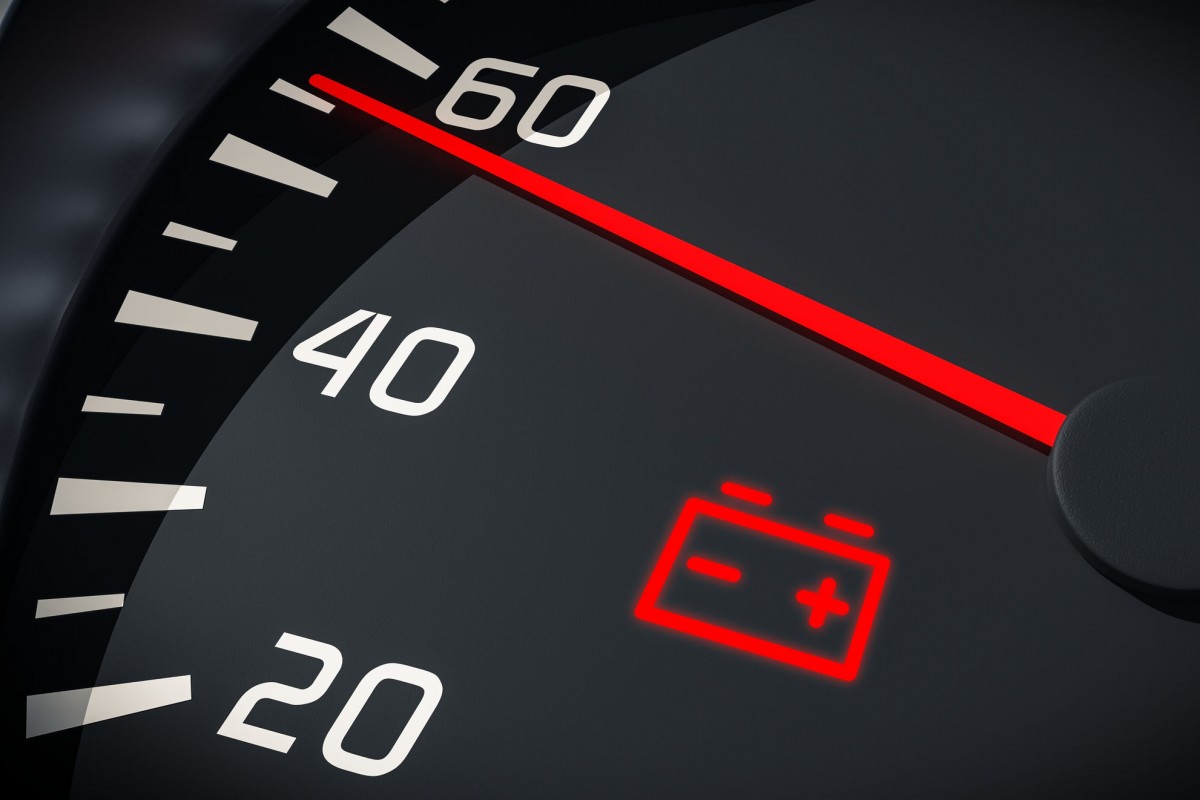15 Tips To Keep Smiling Through May Travel

As the sun starts to heat things up this spring, check in on your car’s electrical components. Excessive heat not only wears you down but may affect your car’s electrical system as well, particularly your battery.
Consider: Your vehicle battery is tasked with far more than simply helping start the engine. It powers the navigation system, charges cell phones, operates a back-up camera and the list goes on. Modern day conveniences lead to accelerated battery depletion.
Your vehicle’s battery is one of three integrated electrical components. The starter and alternator work with the battery to power your car and its electrical demands.
How heat impacts your vehicle’s electrical system:
- Wiring and connectors: Heat can cause the insulation on wires to become brittle and crack, exposing the wires and potentially causing shorts or other electrical problems. Heat can cause the metal connectors on wires to expand, leading to poor connections or even complete failure.
- Alternator: The alternator is responsible for charging the battery and powering the car's electrical system while the engine is running. High temperatures can cause the alternator to overheat, leading to reduced charging capacity or even failure.
- Battery: High temperatures can kill a weak battery, especially if it is low on water. Plus, higher temperatures can cause the battery fluid to evaporate, reducing the battery’s capacity and shortening its lifespan.
To minimize the impact of heat on your car's electrical system, it is important to perform regular maintenance, including checking the battery and alternator, inspecting wiring and connectors, and ensuring that the cooling system is functioning properly.
Parking your car in the shade or in a garage helps reduce temperature inside the car and minimize the impact of heat on the electrical system.
Signs you may have vehicle electrical issues:
- An engine is slow to start. This signals the battery may be dying—get it inspected before traveling out of town.
- If the engine simply won’t turn over. If nothing happens when you turn the key or press the start button, the problem could be a defunct starter.
- Unusual noises. Grinding noise could be a sign that the starter motor's gears are worn down. Clicking noises could indicate that the starter motor is failing to engage.
- Do you see smoke coming from under the hood? This could mean the starter is overheating.
- Slow or malfunctioning accessories. If your car's electrical system is experiencing issues, such as a dead battery, malfunctioning power windows or locks, or a faulty radio or sound system, it could be a sign that the alternator is not functioning properly.
- Dimming headlights or interior lights. Are your vehicle headlights or interior lights dimming or flickering? Could be a sign that the alternator is not providing enough power.
- Warning light on the dashboard. Modern vehicles usually have an alternator warning light. Get your vehicle inspected anytime the warning light is displayed.
Other spring maintenance tips before hitting the road:
- Get the brake system inspected whenever you hear squeaks, squeals, grinding. Also beware of a “spongy” brake pedal.
- Inspect for cracked, hardened wiper blades. Spring weather means rain, so come prepared with good wipers. Don’t forget the rear wiper blades for SUVs.
- Consider replacing wiper fluid with solutions designed to remove “bug goo.” Late spring and early summer are primetime for hordes of flying insects.
- Replace cabin air filters to reduce allergens. Regular replacement of cabin air filters is an inexpensive way to help keep your vehicle healthy and clean.
- Check your tires. Look at air pressure, which can fluctuate with the change of seasons and rising temperatures. Inspect tires for bulges or tears that may have occurred from hitting a pothole.
- Take a peek at the spare tire. Tires experts suggest replacing spare tires every 7 - 10 years or if you see signs of stress bulges, cracks. If you have a full-sized spare, make sure it is properly inflated before your head out of town.
- Get a battery charge test before leaving town. Batteries commonly fail during changes in temperatures.
- Use a two-in-one wash-and-wax. You can save time and keep your vehicle looking great this spring.